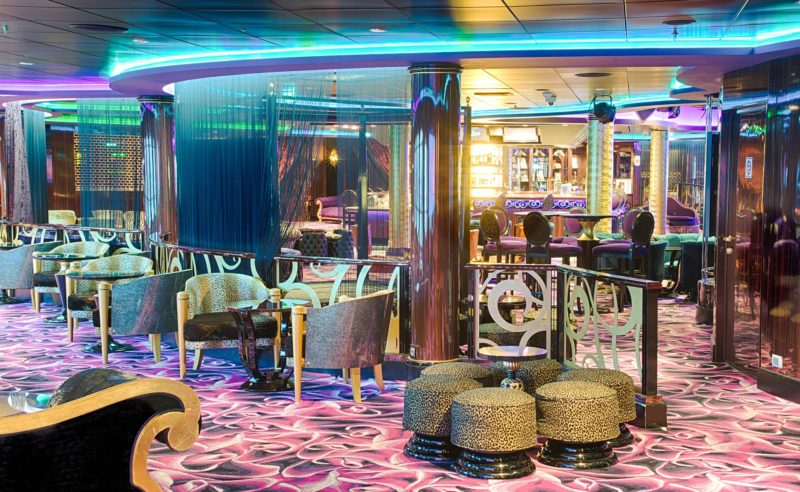The COVID-19 pandemic has impacted industries across the board, with one of the particularly affected being the restaurant industry. As a result, now, more than ever, restaurants are looking for ways to optimize their costs in a bid to increase their top-line and tackle inefficiency. The pandemic has led many restaurateurs to rethink their business model and look for areas where they can tighten up the budgets such as business structure, overhead facilities and services, and other such operations. And one of the places where we are seeing this happen in real-time is the UAE.
1. Use Data To Your Advantage
A comprehensive analysis of the entire operations of your restaurant is crucial to measure growth and identify opportunities for improvement. With an abundance of restaurant data monitoring systems available today, operators can collect tons of useful data from multiple sources to have a better understanding of business performance.
As competition gets tougher, analyzing the metrics and reports associated with your restaurant operations is critical to your success. With the help of data analytics from the point of sale software, restaurants can track their performance and make data-driven decisions that can help achieve better profitability. The F&B industry is a dynamic one, and with the help of data and tech, operators can adapt to and thrive in this volatility.
2. Simplify Inventory Management
Setting up tools for managing inventory is the first step that you must take to build a robust restaurant business, as it directly impacts the bottom line. Gone are the days of manually managing a restaurant inventory; today, restaurant operators need inventory management software that can track and minimize food wastage, and help keep a check on changing raw material prices.
Using inventory management software aids you to control costs, helps fuel growth using data, and lets you fulfil consumer demands with the least amount of inventory. Data lends greater visibility into trends allowing you to forecast demand, while automation syncs your inventory across multiple sales channels allowing you to maximize sales. It is safe to say that a sound stock management system is the foundation of a profitable restaurant business.

3. Focus On Customer Retention
4. Embrace Digital Marketing
In the UAE and across the world, customers are constantly turning to online channels to find the desired products or services. Therefore, digital marketing is an important facet of your restaurant sales strategy that should not be ignored. An excellent digital marketing strategy would widen your restaurant’s reach to help you stand out from the rest of the competition. Make the most of online marketing mediums such as online review sites, social media, Google My Business Listings, etc. to reach out to potential customers and boost your restaurant sales.
In the restaurant industry, the winning brands have been able to use crises like the present one to innovate and create memorable experiences for their consumers. Restaurants that will focus on these elements will not just adapt to the changing times, but also stay ahead of the curve when it comes to changing market landscape or consumer preferences.
Views expressed by Ashish Tulsian, CEO & Co-Founder, Posist Technologies.
Find the new article here.

















